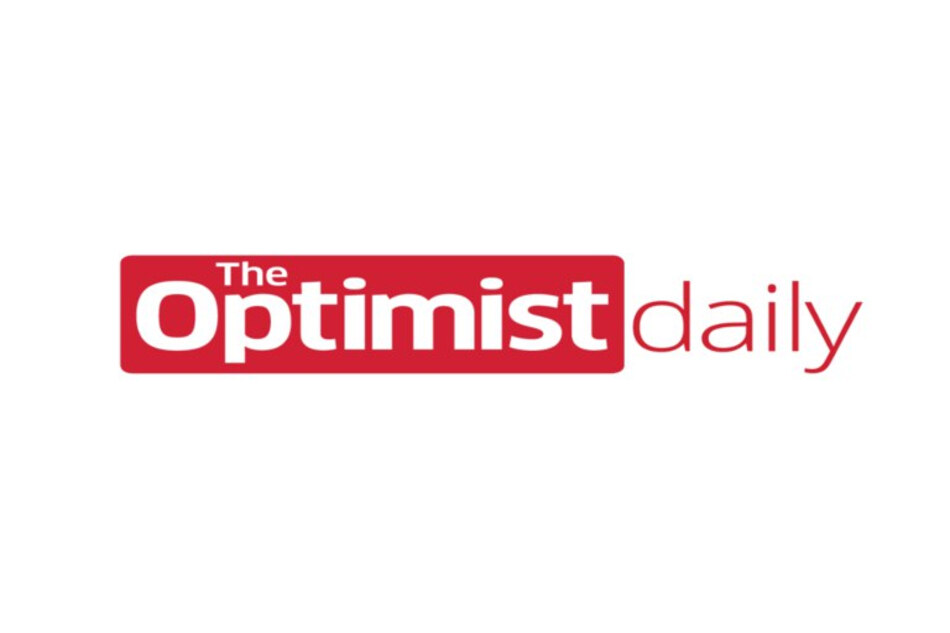According to Hindou Oumarou Ibrahim, “if you’re born as an Indigenous person, you’re born an activist, because you’re born with the problems surrounding your community.”
Ibrahim is a native Mbororo woman from Chad, a country that the UN describes as “one of the world’s most environmentally degraded countries.”
In 2020, Chad suffered catastrophic rainfall that flooded food stocks and forced hundreds of thousands of people to abandon their homes. Meanwhile, the growing desertification of grazing and farming lands is leading to ruin for Chadian pastoralists as their dehydrated livestock lose their milk. The rapidly changing climate has especially affected the Mbororo, a nomadic people that raise cattle.
These environmental challenges are leading to shortages in basic needs that place farmers and communities into conflict with each other— a struggle only made worse by governmental and military land grabs that make water even more inaccessible for the average Chadian. However, Ibrahim’s work brings empowerment and insight in the face of disaster.
Making maps to share natural resources
To help resolve tensions, Ibrahim works with communities to empower them by creating maps and negotiating agreements that fairly spread natural resources among all the villages and tribes.
To produce these maps, Ibrahim and representatives from EOS Data Analytics reference high-resolution satellite images. Together, they then run workshops with the leaders of 23 villages in Mayo-Kebbi Est to create detailed maps of nearly 668 square miles (1,728 square kilometers).
These communities have mapped out plans to share rivers, settlements and roads, sacred forests, medicinal trees, water points, as well as corridors for cattle. Laminated copies of the maps were then distributed to each community. Currently, Ibrahim is working on a similar project for the communities on the shores around Lake Chad.
Women and Indigenous Wisdom
To Ibrahim, the inclusion of women in the production of these maps is essential to the success of the project, as they are privy to ancient Indigenous knowledge. It is the elderly women of the tribe who are the wisdom keeper and share their knowledge, like how to find water in times of drought.
“In the west, people check their weather app to find out if it’s going to rain,” Ibrahim says. “Our best app is our grandmothers because they can just observe the cloud positions, the bird migration, the wind directions, or the little insects, and say, ‘Oh, it’s going to rain in two hours!’”
In terms of activism, Ibrahim sees women’s rights, community rights, and the environmental crisis as intertwined. “I realized that I can’t talk about women’s rights without talking about community rights. I can’t talk about community rights without talking about the environment we live in and depend on,” she explains.
Beyond borders
While she is encouraged by the resiliency of Chad’s villages and communities, she knows that the climate crisis cannot be adequately met without the support and collaboration of developed countries.
“We are in a climate crisis, but companies are still digging for more fossil fuels and governments are not making decisions to shift to clean energy,” she says. “Maybe they call them developed countries, but I call them overdeveloped countries. They get more than what they need to survive in a good way, yet they are not acting fast enough to ensure we can also survive.”
The hope is that people in positions of power and privilege can draw inspiration from the efforts of individuals like Hindou Oumarou Ibrahim to act with the climate in mind and heed the warnings of scientists and Indigenous peoples.
“If they recognize the science, they must recognize our knowledge,” Ibrahim demands. “If they recognize our knowledge, we must be at the tables making decisions about the future of our world.”












